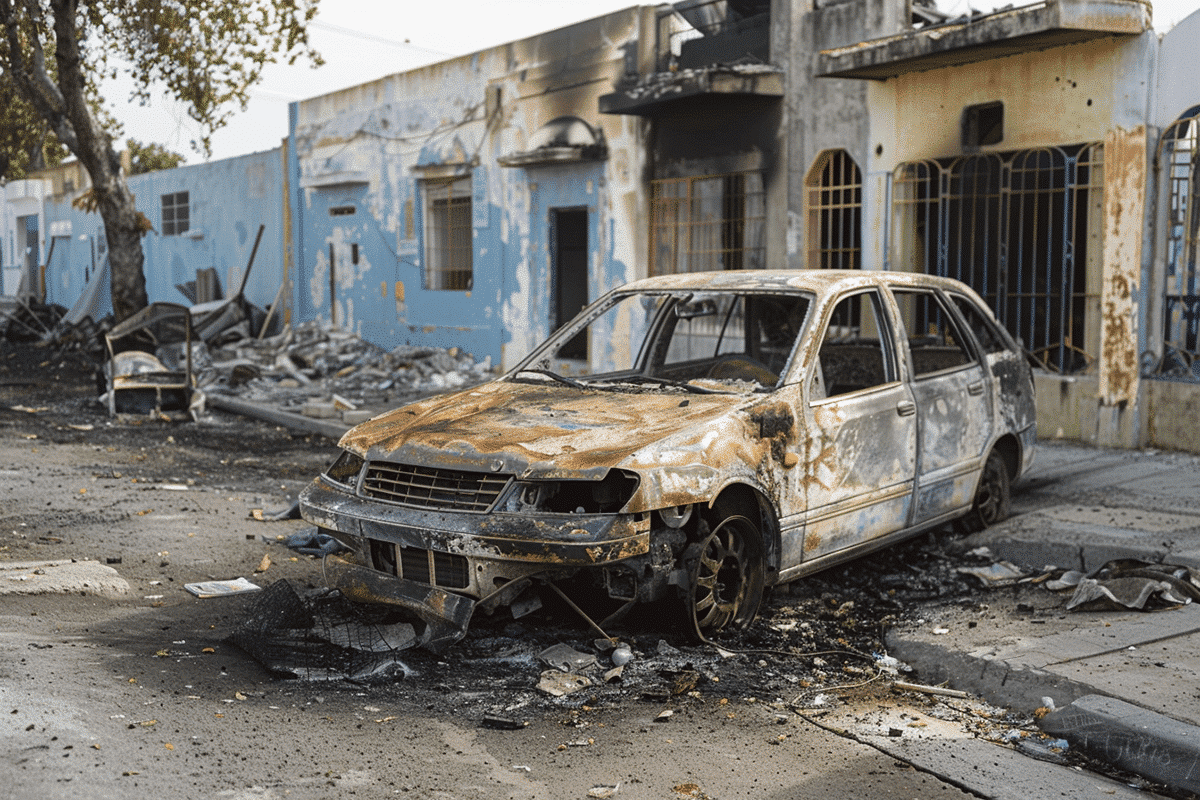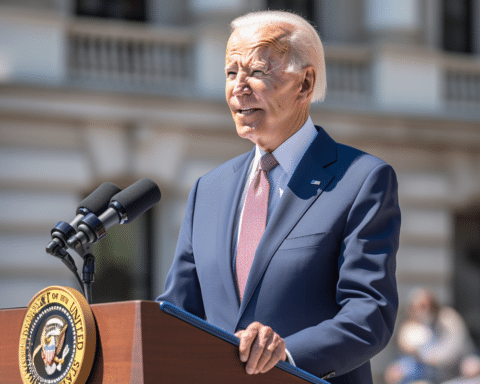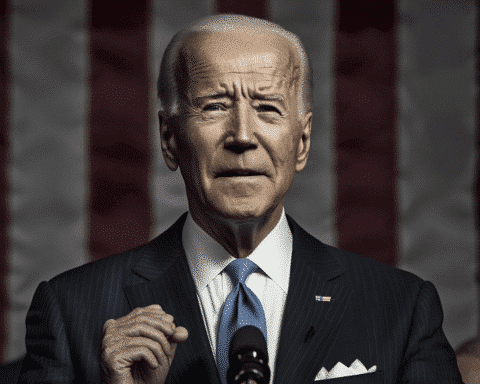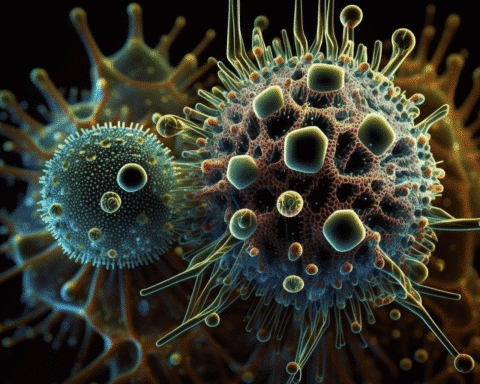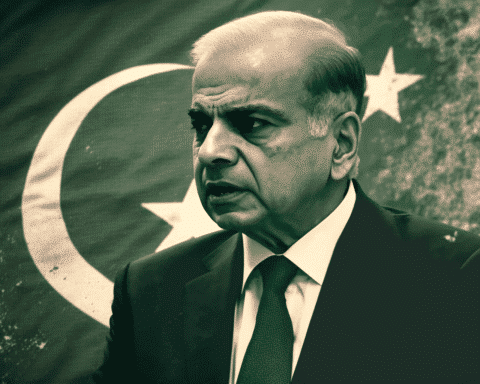Haiti plunged into chaos over the weekend as gang violence reached unprecedented levels, prompting the government to declare a nighttime curfew in a bid to regain control. The eruption of violence ensued after armed gunmen from powerful gangs stormed the nation’s two largest prisons, liberating thousands of inmates.
The government swiftly responded by implementing a 72-hour state of emergency, vowing to track down and apprehend the escaped criminals, including killers, kidnappers, and other offenders. However, the task at hand is daunting, given that gangs already wield significant control over up to 80% of the capital city, Port-au-Prince.
Prime Minister Ariel Henry’s absence further exacerbated the situation. He had traveled abroad last week to rally support for a United Nations-backed security force, leaving the country vulnerable to escalating gang activities. Haiti’s National Police, with roughly 9,000 officers, has long been overwhelmed and outgunned by the increasingly powerful criminal groups.
The weekend’s violence marked a new low for the embattled nation. Coordinated attacks on state institutions, including the international airport and national soccer stadium, left at least nine people dead, including four police officers. Most shocking was the raid on the National Penitentiary, where nearly all of the estimated 4,000 inmates managed to escape.
The chaos extends beyond the prison breakouts. A second Port-au-Prince prison housing around 1,400 inmates also fell victim to the gangs’ onslaught. Gunfire echoed through various neighborhoods as residents faced disruptions in internet service, compounding the sense of insecurity gripping the nation.
In response to the deteriorating security situation, the U.S. Embassy suspended all official travel to Haiti and urged American citizens to leave immediately. The Biden administration, while expressing grave concern, has refrained from deploying troops but continues to offer financial and logistical support.
The surge in violence comes amidst political instability and protests demanding Prime Minister Henry’s resignation. Henry, who assumed office following the assassination of President Jovenel Moïse, has postponed elections that haven’t taken place in nearly a decade.
Former elite police officer Jimmy Chérizier, known as Barbecue, has claimed responsibility for the uptick in attacks. Chérizier, now a gang leader, seeks to capture Haiti’s police chief and government ministers, further destabilizing the already fragile administration.
As Haiti grapples with the aftermath of the unprecedented prison breakouts and escalating gang violence, the road to stability appears fraught with challenges. The government’s ability to restore order and rebuild trust among its citizens remains uncertain, leaving Haiti’s future hanging in the balance.
